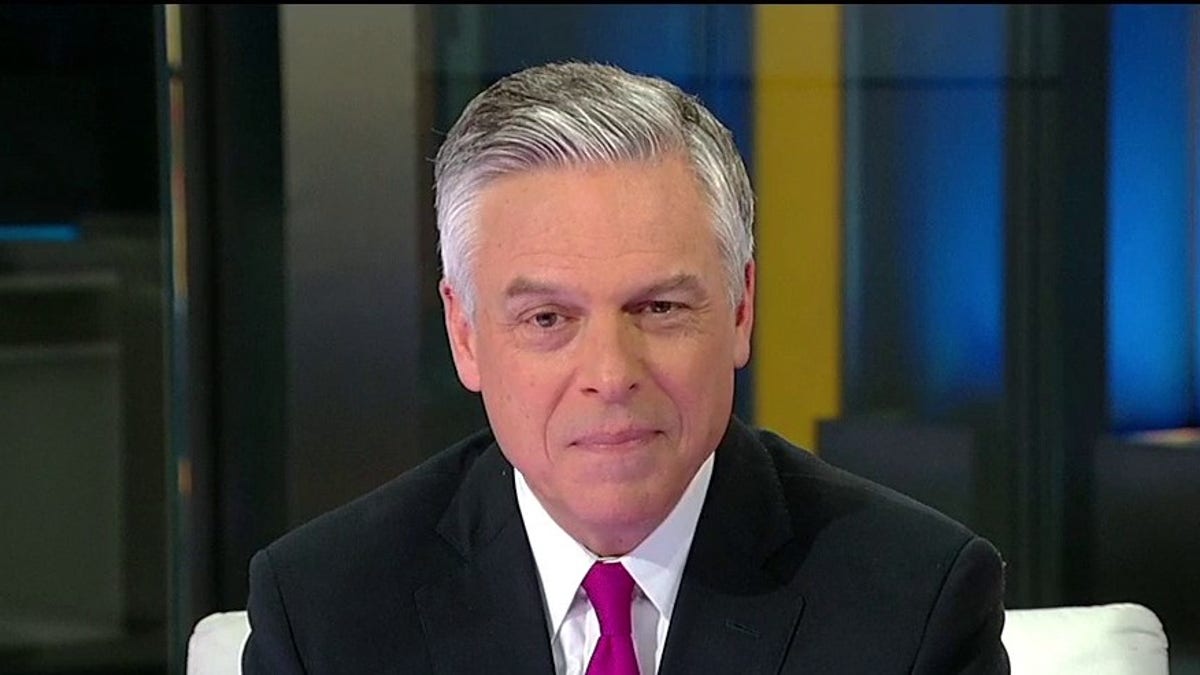Fox News Flash top headlines for February 7
Fox News Flash top headlines are here. Check out what's clicking on Foxnews.com.
James Huntsman, a member of one of Utah’s most prominent families and brother of a former governor, is persisting in his argument that The Church of Jesus Christ of Latter-day Saints used donations the church solicited for charity for commercial purposes.
Huntsman filed an appeal Friday with the 9th U.S. Circuit Court of Appeals, The Salt Lake Tribune reported. A federal judge in California dismissed Huntsman's complaint against the church in September, saying no reasonable juror would believe that church leaders made false statements about how funds would be used.
Huntsman, brother of former U.S. diplomat and ex-Utah Gov. Jon Huntsman Jr. and son of late billionaire philanthropist Jon Huntsman Sr., said he was defrauded out of millions of dollars during the 24 years he gave 10% of his annual income to the church. He is seeking the return of $5 million.

(Google Maps)
Contributions to the Utah-based faith known widely as the Mormon church "are used for a broad array of religious purposes, including missionary work, education, humanitarian causes and the construction of meetinghouses, temples and other buildings important in the work of the Church," spokesperson Eric Hawkins said in a statement after the complaint was filed.
The lawsuit was filed more than a year after a former church investment manager filed a whistleblower complaint with the IRS, saying that the church has misled members and possibly broken federal tax rules for religious organizations by using an affiliated investment arm to set aside about $1 billion a year from the $7 billion that the faith received annually in member donations. The whistleblower lawsuit said the church's investments totaled $100 billion.

Former Utah Gov. Jon Huntsman Jr. (Fox)
CLICK HERE TO GET THE FOX NEWS APP
The church reported its largest investment fund contained nearly $38 billion at the end of 2019. The report did not detail all the church's investments.
Huntsman said he planned to give the millions of dollars in damages he is seeking to "organizations and communities whose members have been marginalized by the Church’s teachings and doctrines, including by donating to charities supporting LGBTQ, African-American, and women’s rights."










































